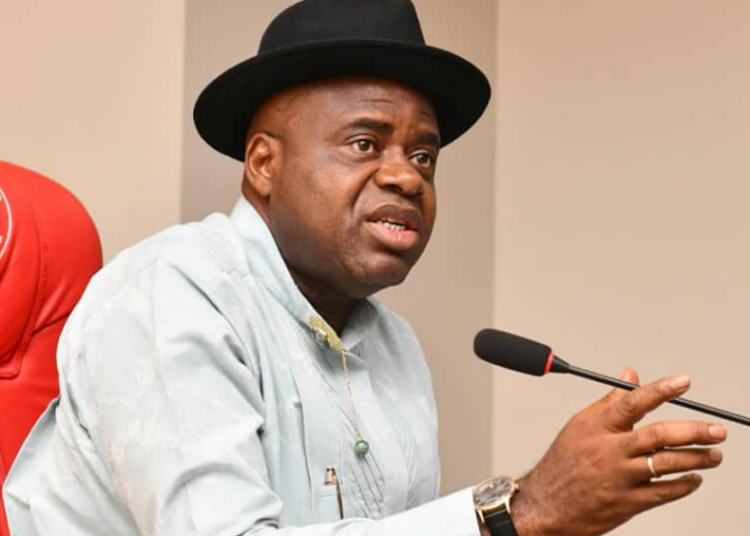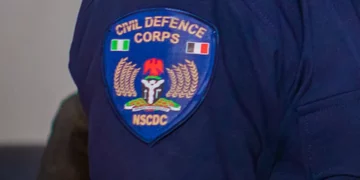The Bayelsa State government has unveiled plans to implement the Rural Access and Agricultural Marketing Project (RAAMP) to revolutionize agro-logistics and improve market access through the construction and maintenance of rural road networks.
This initiative was revealed by the state project coordinator, Dr. Paul Ebienfa, during a stakeholders’ meeting with representatives of the World Bank, the Federal Project Management Unit (FPMU), and other partners in Yenagoa.
He highlighted that the project, funded by the World Bank, the French Development Agency, the Federal Government of Nigeria, and the Bayelsa State government, aims to connect rural farmers and fishermen to farms, fish settlements, and markets, enhancing agricultural productivity and economic growth.
Ebienfa explained that one of the key requirements to secure funding for the project from its partners is the establishment of a Rural Access and Road Agency (RARA) and a State Road Fund (SRF), which are essential criteria for all RAAMP states.
He added that while RAAMP is already operational in 19 states across Nigeria, saying Bayelsa State is yet to qualify for funding from the World Bank, adding that the project remains in its initial phase, with selected roads and markets identified across the eight local government areas.
Similarly, Dr. Wisdom Ebiye Sawyer, permanent secretary of the State Ministry of Agriculture and chairman of RAAMP, revealed that Governor Douye Diri has approved the design of 80km of rural roads covering all eight LGAs of the state.
He said, “This is what is keeping Bayelsa State tops as one of the states that would benefit from the program this year. And once these roads are constructed, the blue economy of Bayelsa State would be boosted and our local economy would grow.”
Mr. Tarinyo Akono, a former chairman of the Nigeria Union of Journalists (NUJ), Bayelsa State Council, emphasized the need to finalise the best approaches for establishing the Rural Access and Road Agency (RARA) and the State Road Fund (SRF) to ensure the successful implementation of the RAAMP project in the state.
Speaking with newsmen, he said, “The World Bank gave us a condition and we met all of them. But they brought up additional condition for a sustainability plan which has resulted to this stakeholders meeting intended to establish the SFR and RARA that would help to raise funds from the private sector to maintain the rural roads.”





